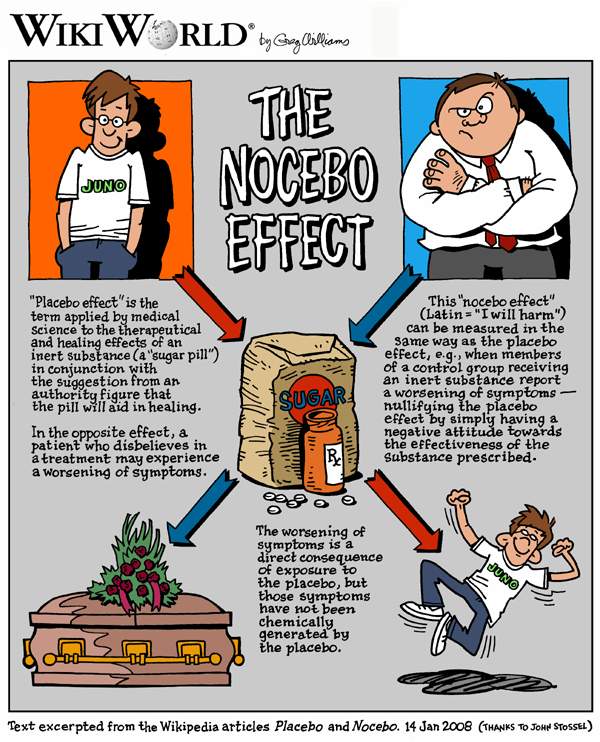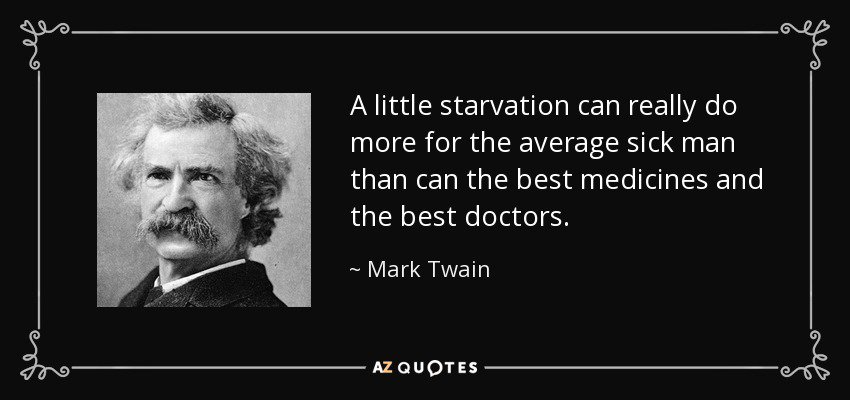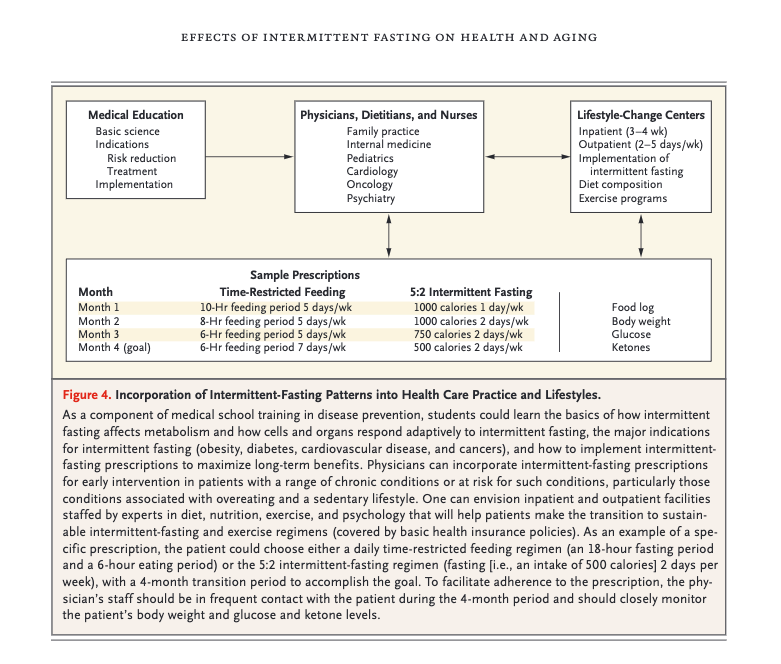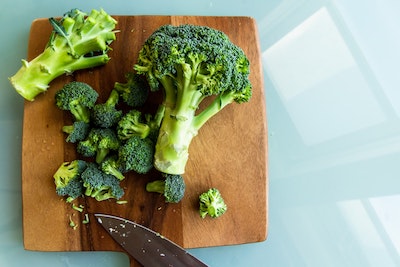Can we beat cancer?
I got the idea for this post from the question Tim Ferris asked Dom D’Agostino in his podcast1. He asked what tools he would use if he got advanced cancer today.
I will try to expand this question taking as an example Ovarian Cancer.
What would I do if someone I love has Ovarian Cancer?
Medical advice
First of all, you need to be aligned with your physician and discuss which other things you can do to fight against this disease. Although standard care may not be enough, if we combine several ideas together, we can raise our chances of curing cancer.
All the things discussed here are supplemental, don’t ignore your doctor.
Review your belief system
In our society, the word “cancer” has a negative connotation and many feel as if there is nothing we can do about. Nowadays, cancer death rates have declined and more people survive the disease. Just in the US, the death rate has dropped 27% in the last 25 years2.
Be optimistic and think there are many things we can do about it. Many are aware of the “placebo” effect, but you have to know also the “nocebo” effect: if you believe something is going to kill you your brain will act against you making things worse3.

Fasting
Fasting would be one of the first things I would do. There are many protocols you could follow, being daily fasts (24 hours without eating) the more aggressive. D’Agostino suggested that it’s possible to use fasting to trigger our bodies’ natural garbage clearing mechanisms (autophagy) in order to clean up pre-cancerous cells.

Fasting is thought to impair energy metabolism in cancer cells, inhibiting their growth and rendering them susceptible to clinical treatments4. If mixing with chemotherapy it also can sensitive the tumor for its therapeutic effects while having fewer side effects in healthy cells5.
There are a couple of protocols you could follow: time-restricted feeding or 5:2 Intermittent Fasting, being the first one easier to follow and with great benefits if we follow a Ketogenic Diet (next item).

Ketogenic Diet
The Ketogenic Diet has been long used for treating epilepsy in children or to manage seizures. In recent years, this diet has been investigated for treating other diseases.
You have to think of glucose as the enemy since is the primary source of energy for the majority of cancer cells, these cells can’t use ketones effectively as fuel because defects on mitochondria6.
Regarding our case for Ovarian Cancer, as discussed by Cliff Harvey7, although these cancer cells seem to be able to get energy from adjacent adipocytes it doesn’t seem that this is affected by a diet rich in fat. The idea remains the same:
Dietary interventions should focus on reducing total fuel availability to cancer cells and also on reducing known drivers of cancer growth and proliferation.
It’s also suggested by Harvey to use a modified version of the ketonic diet:
So, it is known that low-carbohydrate diets reduce known cancer drivers like IGF-1, reduce average glucose and insulin levels, and do not predispose to greater triglyceride/fatty acid availability. Furthermore, ketone levels (βOHB) do not need to be excessively high, and for the purposes of ovarian cancer treatment, a modified ketogenic diet approach, rich in phytonutrients, sufficient in protein (to reduce muscle-wasting), and not excessively high in fat (so as to allow for sufficient fueling without excessive βOHB levels) is likely to be both safe and, based on the extant literature, may also improve cancer outcomes versus standard care.
D’Agostino also agrees on having a higher amount of protein in the diet to avoid sarcopenia (muscle loss due to cancer), a modified Atkins diet with 30% of proteins and 70% fats, with enough vegetables for its phytonutrients while also taking MCTs and exogenous ketones (this helps to reach a “fasting state” rapidly without the stress of 24 hours fasts).
Have in mind to include good fat in the diet: eggs, salmon, olive oil, coconut oil, nuts, etc. Take for instance nuts, those who include them in the diet have a lower incidence of cancer8. All this will help with improving body composition and lowering insulin & insulin-like growth factor-I (IGF-I)9.

Metformin
Metformin is an old drug that is being used for treating Diabetes and is also being investigated for its effects on longevity. Metformin works by suppressing glucose production in the liver. This lowers the body’s overall levels of glucose.
Citing D’Agostino again, he suggests to take it to the point is causing side effects and then stay there.
Regarding Ovarian Cancer, there is promising data suggesting that Metformin is cytotoxic to these cancer cells and would help with the treatment10.
Manage Stress
Now is the time for a radical change in your life and start focusing on you and your health.
The main objective is to lower your stress and anxiety. If you have chronic stress you are in fact suppressing your immune system, which is a critical component for fighting cancer. Dr. Gabor Maté insists on this idea: if you don’t say “no” enough your body will say it in the form of illness. You can watch any of his talks or read his book11.
I’ve written a small book on the topic of changing habits for a less stressful life, which you can grab for free at https://leanpub.com/refactoryourmind. Small things like meditation, gratitude, or living with less can help to manage your stress and boosting your immune system.

This could act in synergy with CAR T-cell therapy in case you’re a good candidate for this therapy12.
Avoid Red Meat
You’ve probably heard in the news. You should avoid red meat to lower your cancer risk13.
Red meat is associated with an increased risk of colon and rectum cancer, and evidence also suggests it is associated with some other cancers, such as prostate and pancreatic cancer. Examples of red meat include beef, pork, and lamb.
Although now protein will be an important part of your diet for not losing muscle mass, you should base your protein from vegetable sources, eggs, or fish.
Microbiome
A healthy microbiota is also a critical part of your body14:
The bacterial population of the gut microbiome outnumbers human cell by approximately 10-fold [150], and is sometimes referred to as the ’forgotten organ’ due to its increasingly recognized role in multiple physiological and pathological processes.
Be sure to incorporate probiotics and prebiotics. An example would be instead of consuming dairy products like milk or cheese, take Kefir instead. Kefir is a powerful probiotic. Some researchers suggest that Kefir has anti-cancer properties15.

Sulforaphane
Sulforaphane, a component that is found in vegetables like broccoli and cabbage could act as an anticancer substance too16.
Xenograft experiments in vivo confirmed that sulforaphane effectively suppressed tumor growth by inhibiting ovarian cancer cell proliferation through targeting tumor‑related signals
Although there is no clear evidence yet for ingesting sulforaphane in a pill, I would totally rise the ingestion of vegetables containing this substance.

Conclusion
There are many things we could do. The most important thing is having the right mindset and let people help you. I do hope some of these tips could make an impact fighting against cancer and that in 10 years this will be a disease of the past. We will see!
References
-
Ferriss T. Dom D’Agostino on Fasting, Ketosis, and the End of Cancer [Internet]. Available from: https://tim.blog/2015/11/03/dominic-dagostino/
-
Simon S. Facts & Figures 2019: US Cancer Death Rate has Dropped 27% in 25 Years [Internet]. 2019. Available from: https://www.cancer.org/latest-news/facts-and-figures-2019.html
-
Nocebo [Internet]. Available from: https://en.wikipedia.org/wiki/Nocebo
-
Cabo R, Mattson MP. Effects of Intermittent Fasting on Health, Aging, and Disease. New England Journal of Medicine. 2019;381(26):2541–51.
-
Eske J. Can fasting help fight cancer? [Internet]. 2019. Available from: https://www.medicalnewstoday.com/articles/324169
-
Seyfried TN, Yu G, Maroon JC, D’Agostino DP. Press-pulse: a novel therapeutic strategy for the metabolic management of cancer. Nutrition & Metabolism. 2017;14(1).
-
Harvey C. Are Low-Carb & Keto Diets ‘Bad’ for Ovarian Cancer? [Internet]. 2020. Available from: https://cliffharvey.com/are-low-carb-keto-diets-bad-for-ovarian-cancer/
-
Aune D, Keum N, Giovannucci E, Fadnes LT, Boffetta P, Greenwood DC, et al. Nut consumption and risk of cardiovascular disease, total cancer, all-cause and cause-specific mortality: a systematic review and dose-response meta-analysis of prospective studies. BMC Medicine. 2016;14(1).
-
Cohen CW, Fontaine KR, Arend RC, Alvarez RD, Leath III CA, Huh WK, et al. A Ketogenic Diet Reduces Central Obesity and Serum Insulin in Women with Ovarian or Endometrial Cancer. The Journal of Nutrition. 2018;148(8):1253–60.
-
Tang G, Guo J, Zhu Y, Huang Z, Liu T, Cai J, et al. Metformin inhibits ovarian cancer via decreasing H3K27 trimethylation. International Journal of Oncology. 2018;0(0).
-
Mate G. When the Body Says No [Internet]. 2013. Available from: https://youtu.be/c6IL8WVyMMs
-
CAR T-cell Therapy and Its Side Effects. Available from: https://www.cancer.org/treatment/treatments-and-side-effects/treatment-types/immunotherapy/car-t-cell1.html
-
Red Meat and Processed Meat Consumption [Internet]. 2020. Available from: https://progressreport.cancer.gov/prevention/red_meat
-
Zinger A, C. Cho W, Ben-Yehuda A. Cancer and Aging - the Inflammatory Connection. Aging and disease. 2017;8(5):611.
-
Sharifi M, Moridnia A, Mortazavi D, Salehi M, Bagheri M, Sheikhi A. Kefir: a powerful probiotics with anticancer properties. Medical Oncology. 2017;34(11).
-
Kan S, Wang J, Sun G. Sulforaphane regulates apoptosis and proliferation‑related signaling pathways and synergizes with cisplatin to suppress human ovarian cancer. International Journal of Molecular Medicine. 2018;0(0).